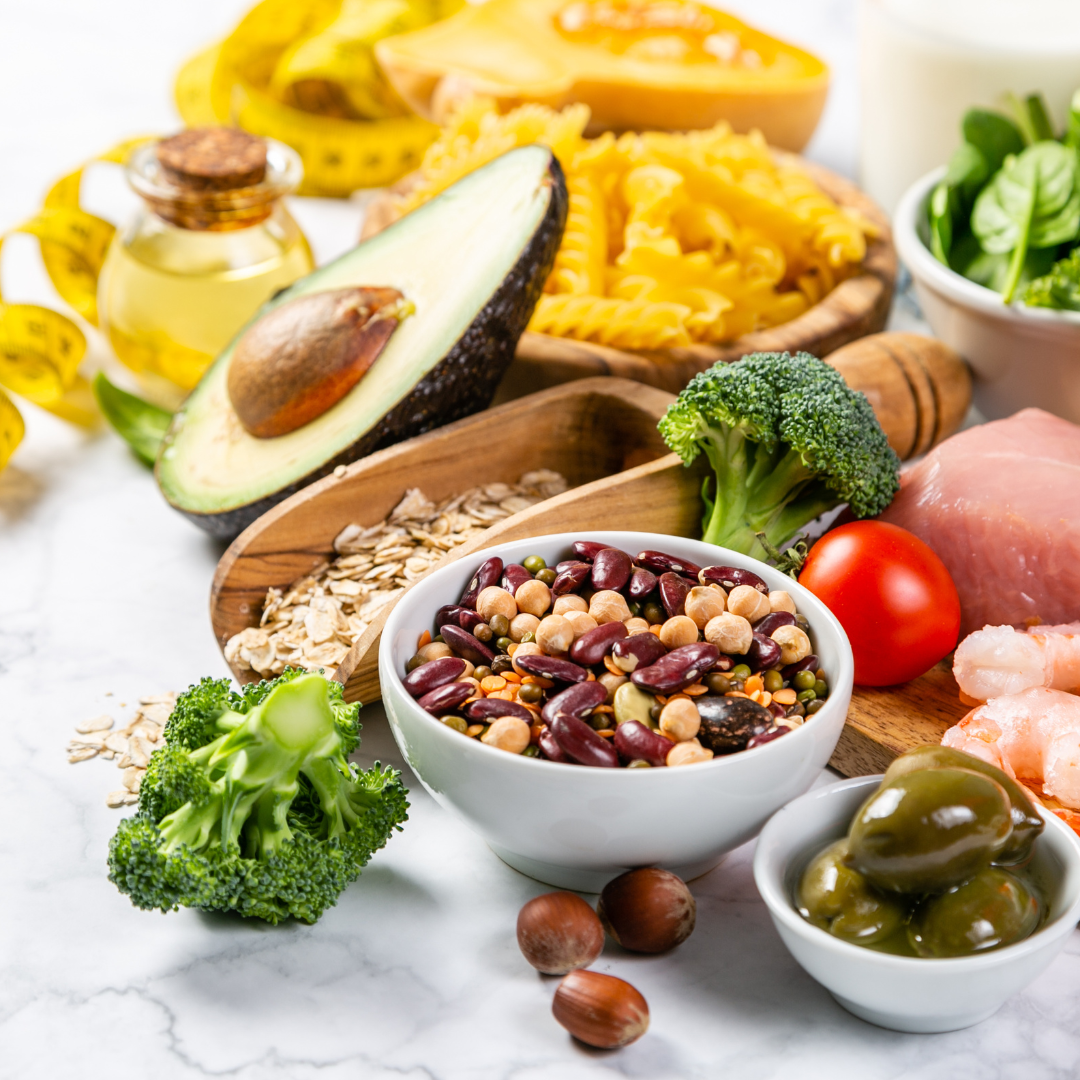Your Daily Vitamins
If you are good about taking your daily vitamins, you probably always take B6 and B12. That’s great, but are you making sure your diet or supplements include all of the B vitamins? Let’s look at what those are and why they are important.
What are the B vitamins?
The B complex consists of eight water soluble vitamins. These perform essential and closely related roles in your body. The B vitamins include:
- B1 (thiamin) A deficiency can lead to various problems in the brain and heart. Adult males are recommended 1.2 mg per day and women 1.1 mg per day. Pregnant women need 1.4 mg per day. It’s found in whole grains, meat and fish.
- B2 (riboflavin) This one can also impact your heart or brain if you don’t consume enough. Cancer has also been linked to a deficiency. Adult men are recommended 1.3 mg per day and women 1.1 mg daily. It’s found in meat and fortified foods as well as some nuts and green vegetables.
- B3 (niacin) This deficiency is rare as it is found in many meats and plants and is well absorbed.
- B5 (pantothenic acid) Hing break down fats, B5 is essential. It is found in almost all living things as this vitamin is found in all living cells. Deficiency is rare.
- B6 (pyridoxine) For all people age 14+ B6 dietary recommendation is in the range of 1.2 mg to 2 mg daily. B6 has been studied for disease prevention and is often recommended for women to combat morning sickness. The vitamin can be found in several types of fish and some fruits and vegetables as well as fortified cereal and poultry.
- B7 (biotin) Many people associate this vitamin with healthy hair, skin, and nails but supplementing your diet with B7 has thus far produced inconclusive results when studied. A deficiency in B7 has been linked to hair loss though.
- B9 (folate [folic acid]) Folate is best absorbed from natural food sources. It helps produce healthy red blood cells and is critical during periods of rapid growth especially pregnancy. It has been added to many grains including breads, rice, cereals, and others. You can also find it in a variety of foods including: leafy green vegetables, fresh fruit, seafood, and eggs.
- B12 (cobalamin) This vitamin helps form red blood cells and DNA as well as helping your brain function. B12 binds to the protein in foods we eat and can be found most commonly in animal products like red meat, dairy, fish, and poultry. If you have a B12 deficiency, you could have memory loss, anemia, and signs of fatigue.
Discuss Your Vitamins with Your Doctor
At your next routine doctor's appointment, discuss your vitamin regimen. Together you can decide what is best for you to maintain or improve your health.
If you or your family is needing a primary care physician, our team at Healthstar Physicians Premier Medical is here for your family. We’re Newport’s compassionate and experienced healthcare provider. We’re accepting new patients, and we accept most forms of health insurance. Contact us to find out more.






.png)




